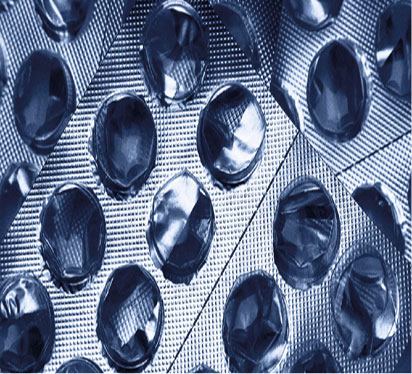A special form of Vitamin D — not found over the counter (OTC) — may be able to combat lung inflammation caused by immune cells, a new study suggests.
The research shows vitamin D has a “switch-off” mechanism for inflammation, which could work in severe Covid-19.
However, clinical trials are needed before vitamin D is adopted to treat Covid-19 or other respiratory diseases.
The researchers warn against people taking more than the recommended amount of vitamin D in hopes of staving off Covid-19 infection.
Scientists are sharing insight into how vitamin D could help in severe Covid-19 cases by revealing how the vitamin functions to reduce hyper-inflammation caused by immune cells.
A new joint study by Purdue University and the National Institutes of Health (NIH) demonstrates how an active metabolite of vitamin D — not a form sold OTC — is involved in “switching off” inflammation in the body during infections such as Covid-19.
“Since inflammation in severe cases of Covid-19 is a key reason for morbidity and mortality, we decided to take a closer look at lung cells from Covid-19 patients,” said lead authors Dr. Behdad (Ben) Afzali, chief of the Immunoregulation Section of the NIH’s National Institute of Diabetes and Digestive and Kidney Diseases, and Dr. Majid Kazemian, assistant professor of biochemistry and computer science at Purdue University.
As part of the study, researchers analyzed individual lung cells from eight people with Covid-19.
They found that in these cells, part of the immune response to SARS-CoV-2 — the virus that causes Covid-19 — was going into overdrive and exacerbating inflammation in the lungs.
After administering vitamin D in test-tube experiments, they observed reduced lung cell inflammation. They then dove further into how the vitamin achieved this.
They did this by turning to T helper cells — also known as CD4+ cells — which are a type of immune cell that stimulate the “killer” T cells and other white blood cells to mount an immune response. T cells are known to play a role in severe and dangerous cases of Covid-19 by going into overdrive and leading to an often fatal phenomenon known as a cytokine stor










